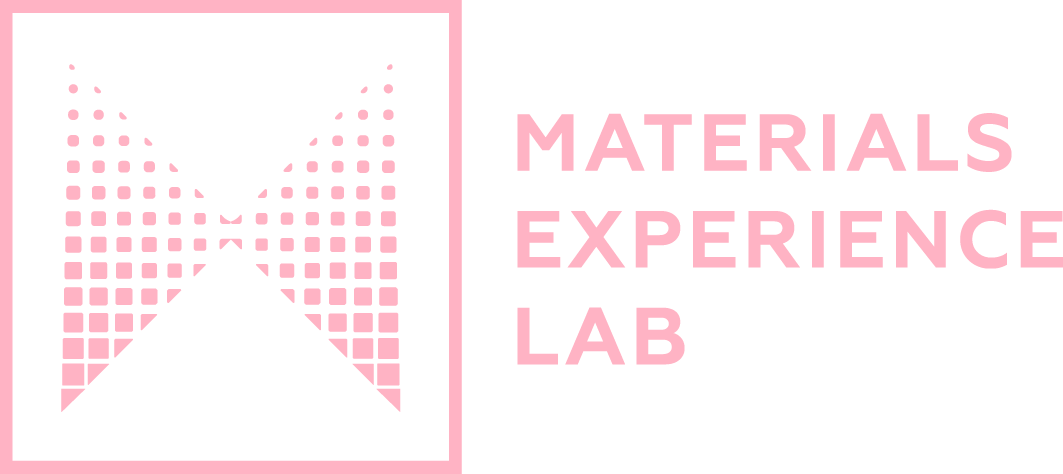Design With (And For) Traces
As technologies become more and more complex, the tasks that they perform become masked in an effort to make them more usable. However, what’s lost with this masking is the ability to understand how they work and the role that they play in our lives. This is especially worrisome with connected objects that have the additional capabilities of harvesting data from people and for its connectivity to the Internet. This leads to overconsumption, disposability, and ethical concerns.
This research project is the PhD research of Holly Robbins and considers how we can change the relationship that we have with connected objects and people. It uses traces as a design approach to engage people in the task the technology performs as well as in situating the technology in our lives. Traces have the potential to communicate the relationship between person and object which occurs with both digital and physical materials. This has implications for ethics as well as sustainability.
PROJECT MIZU
Mizu is a connected sink that utilizes traces of use as a design approach to both communicate and engage people in its function, as well as to situate the person with the role that the technology plays in their lives.
